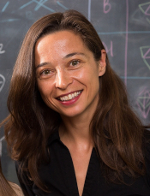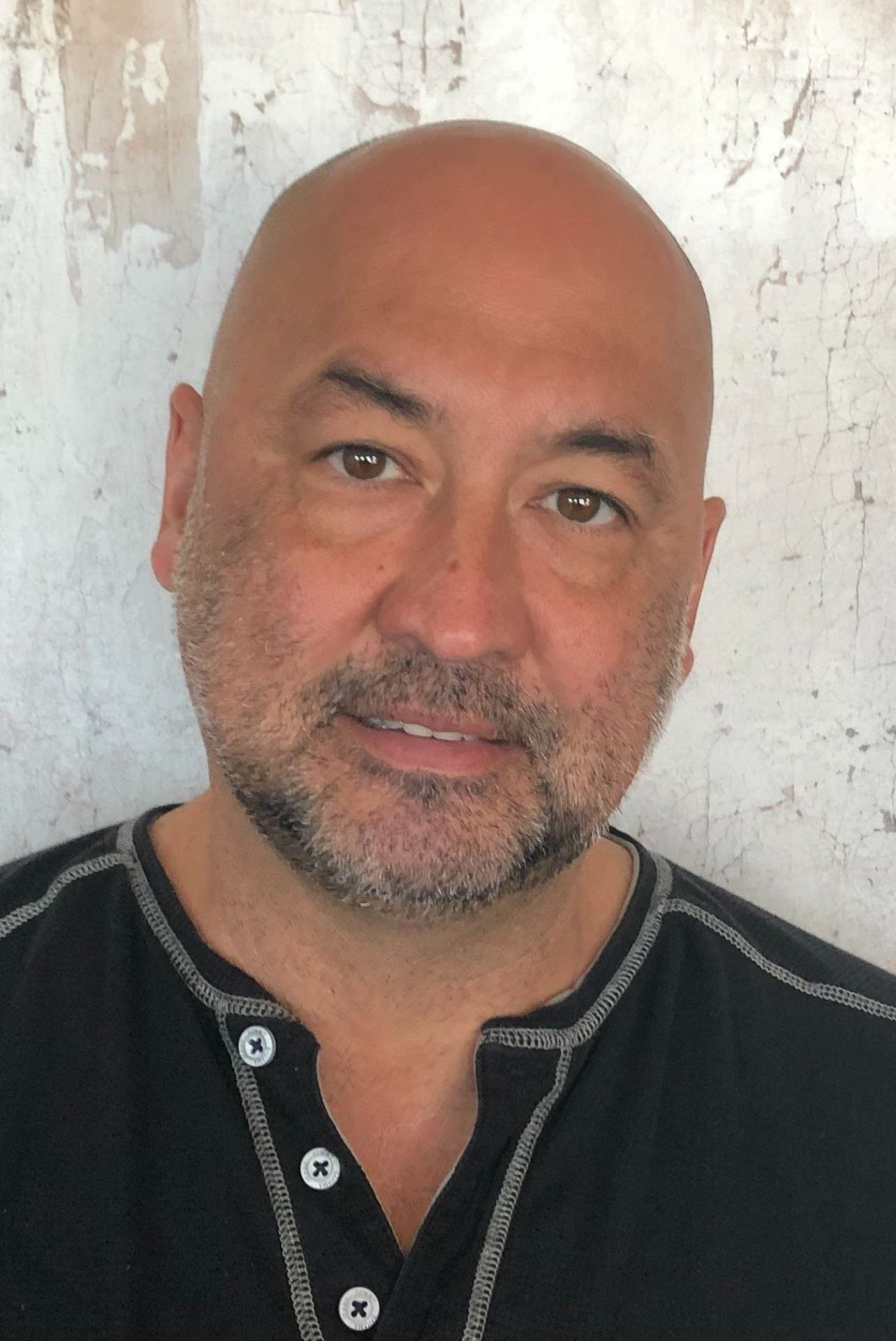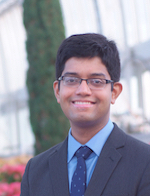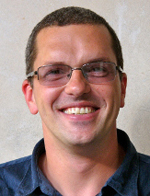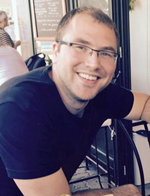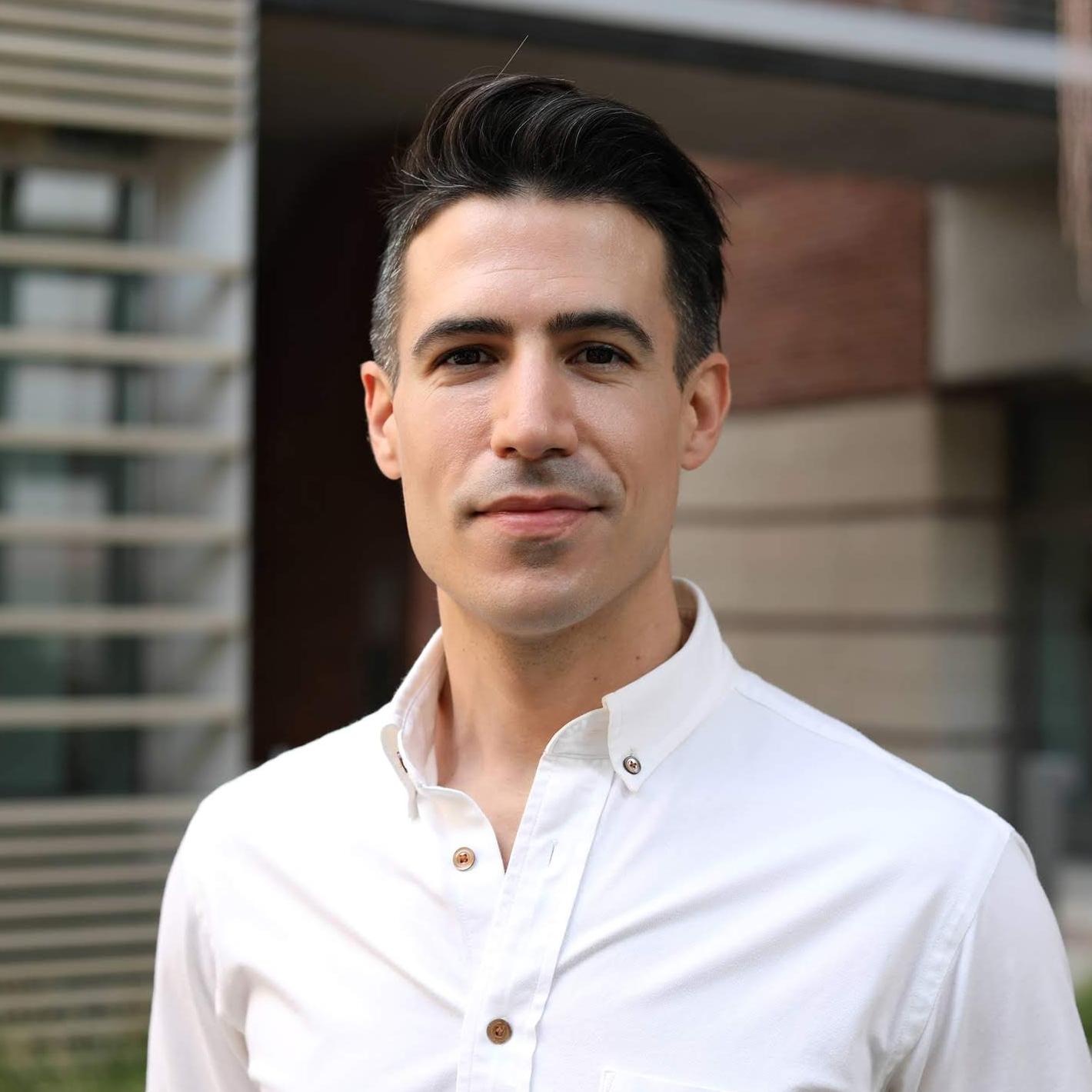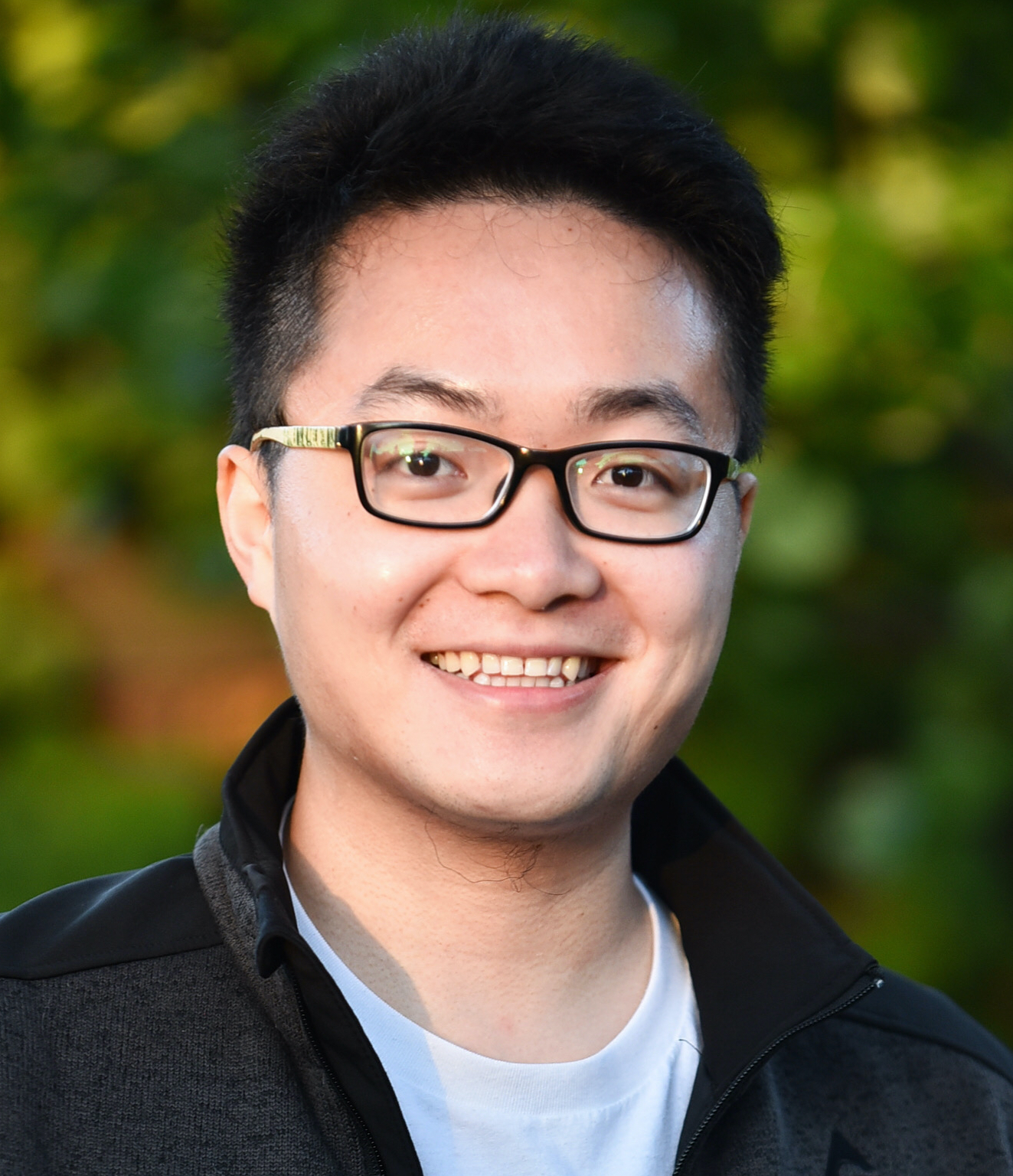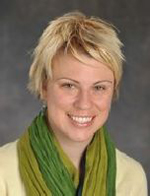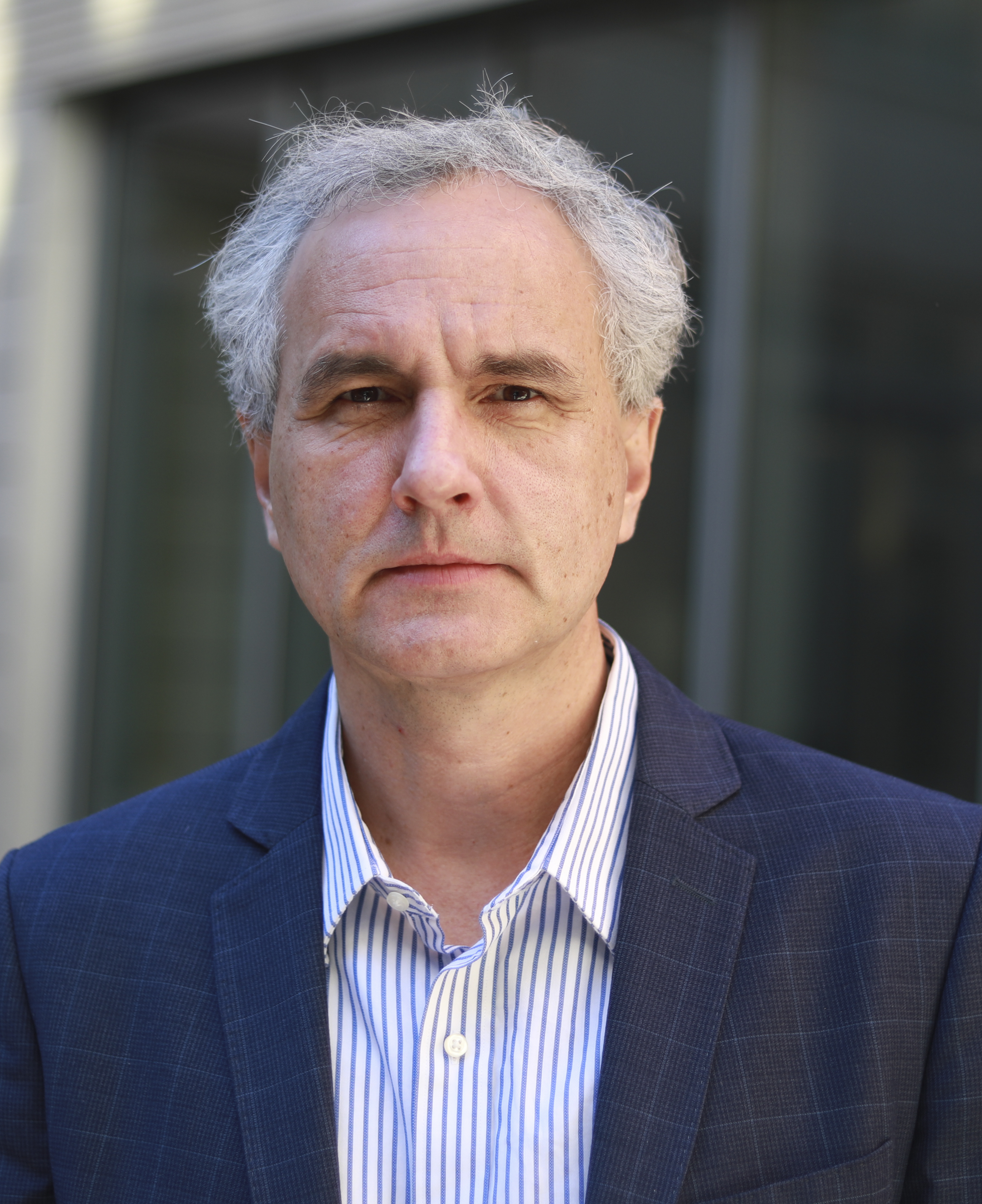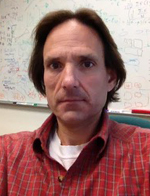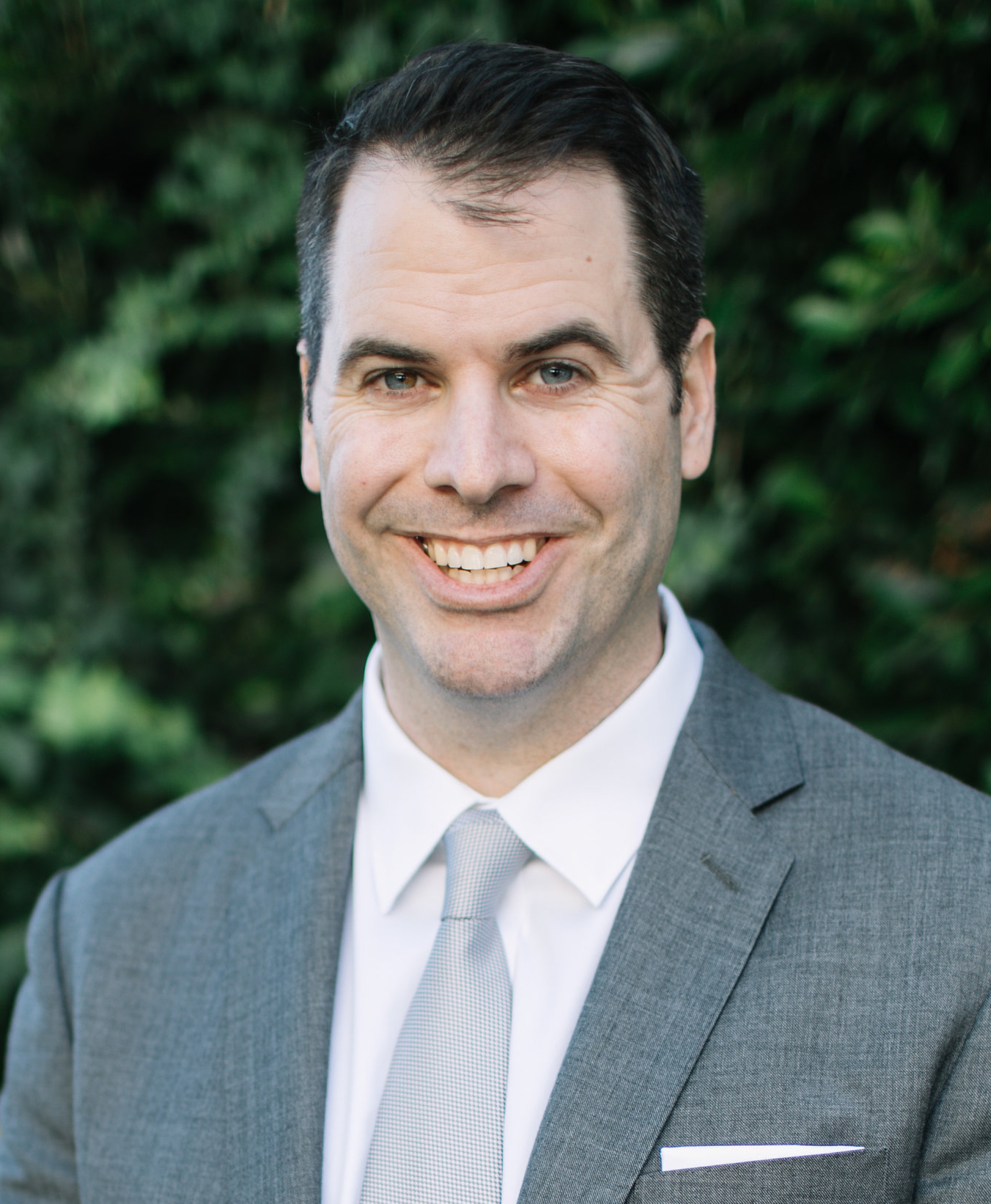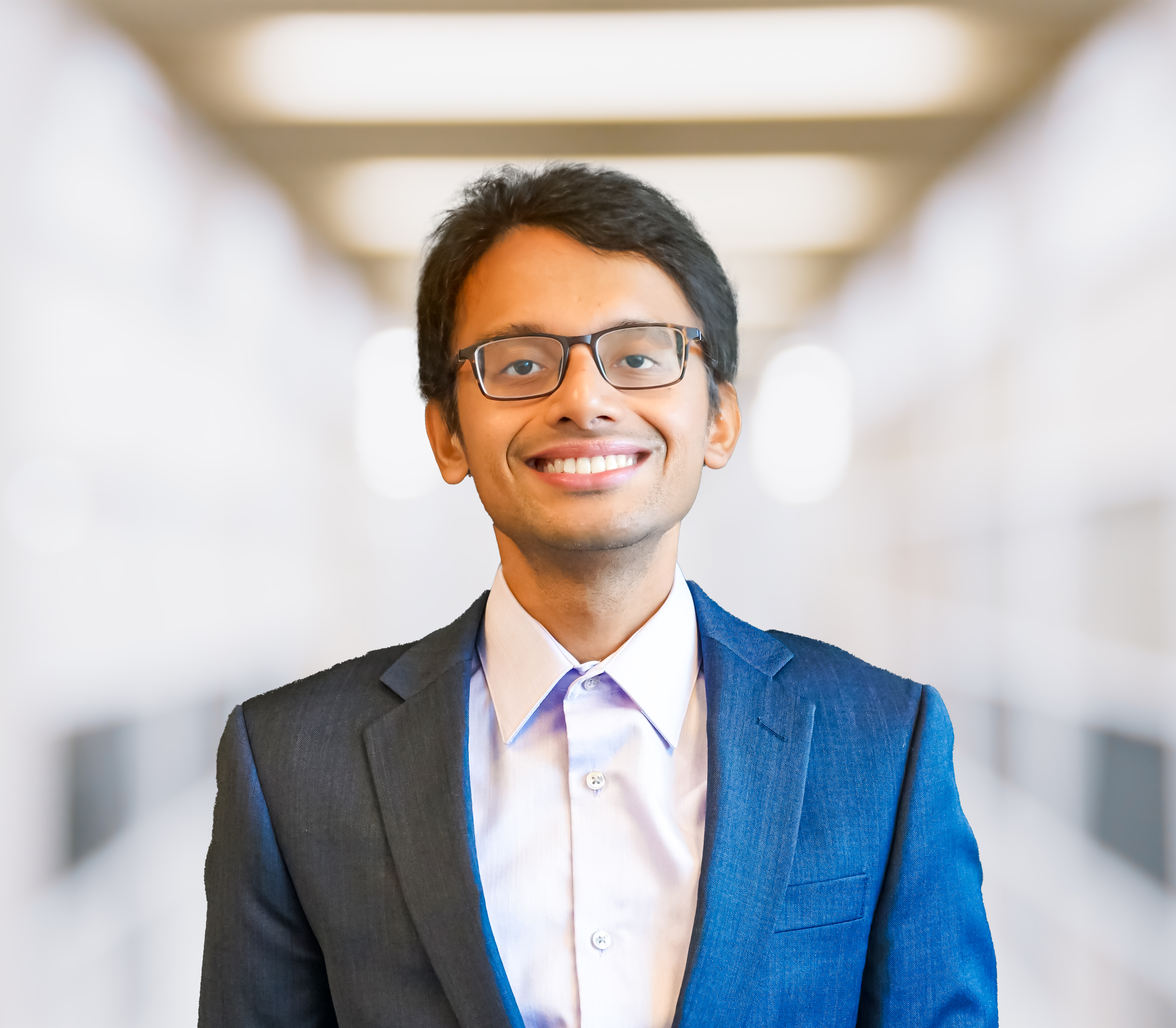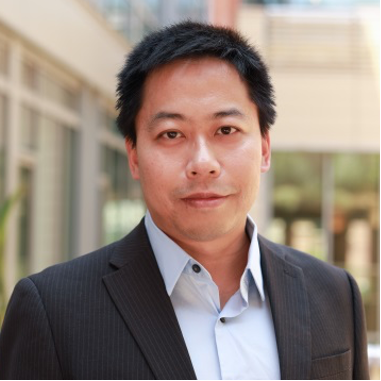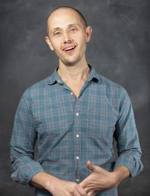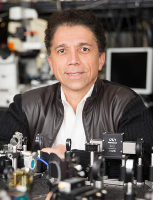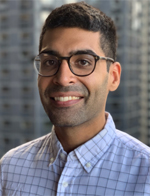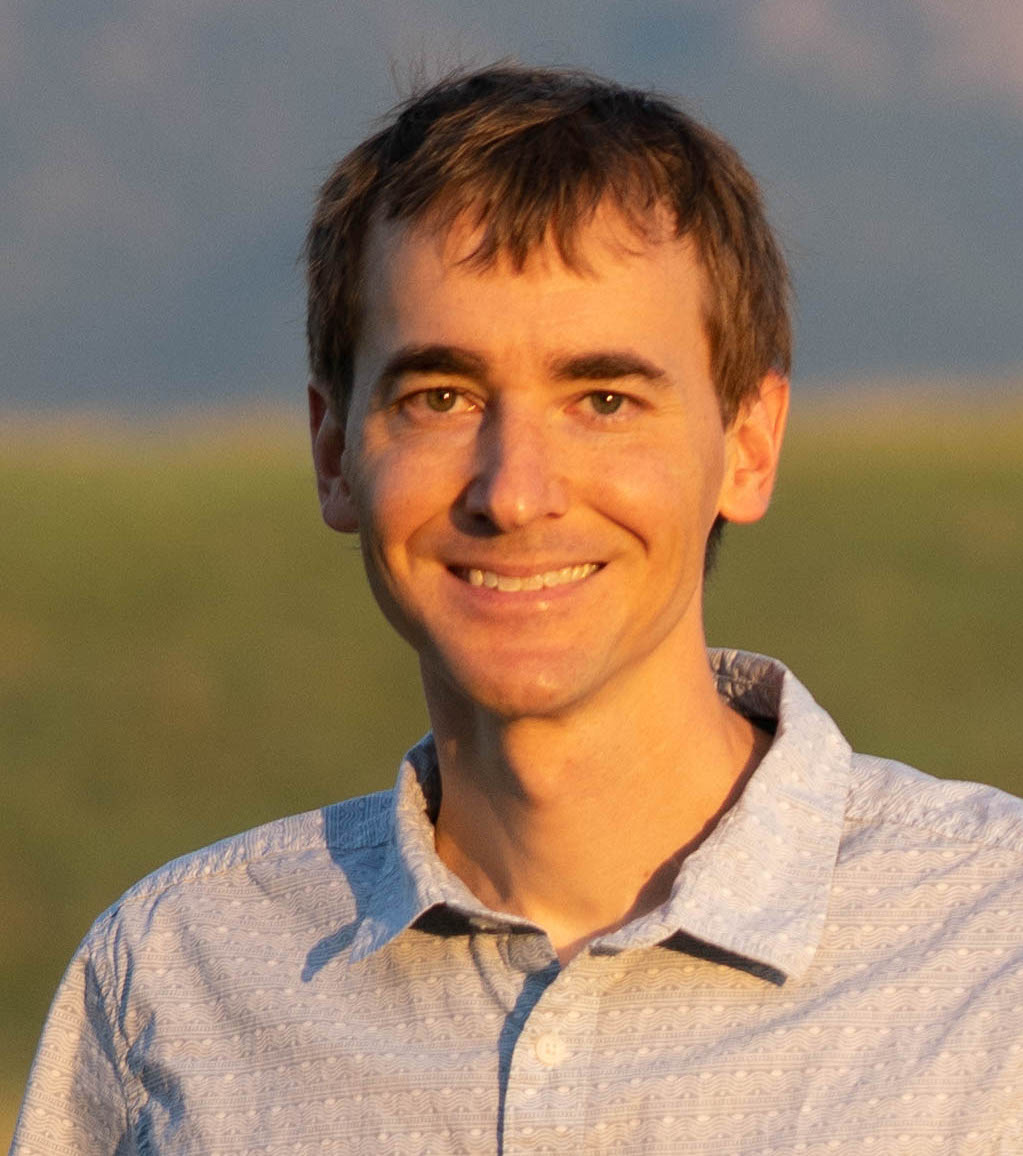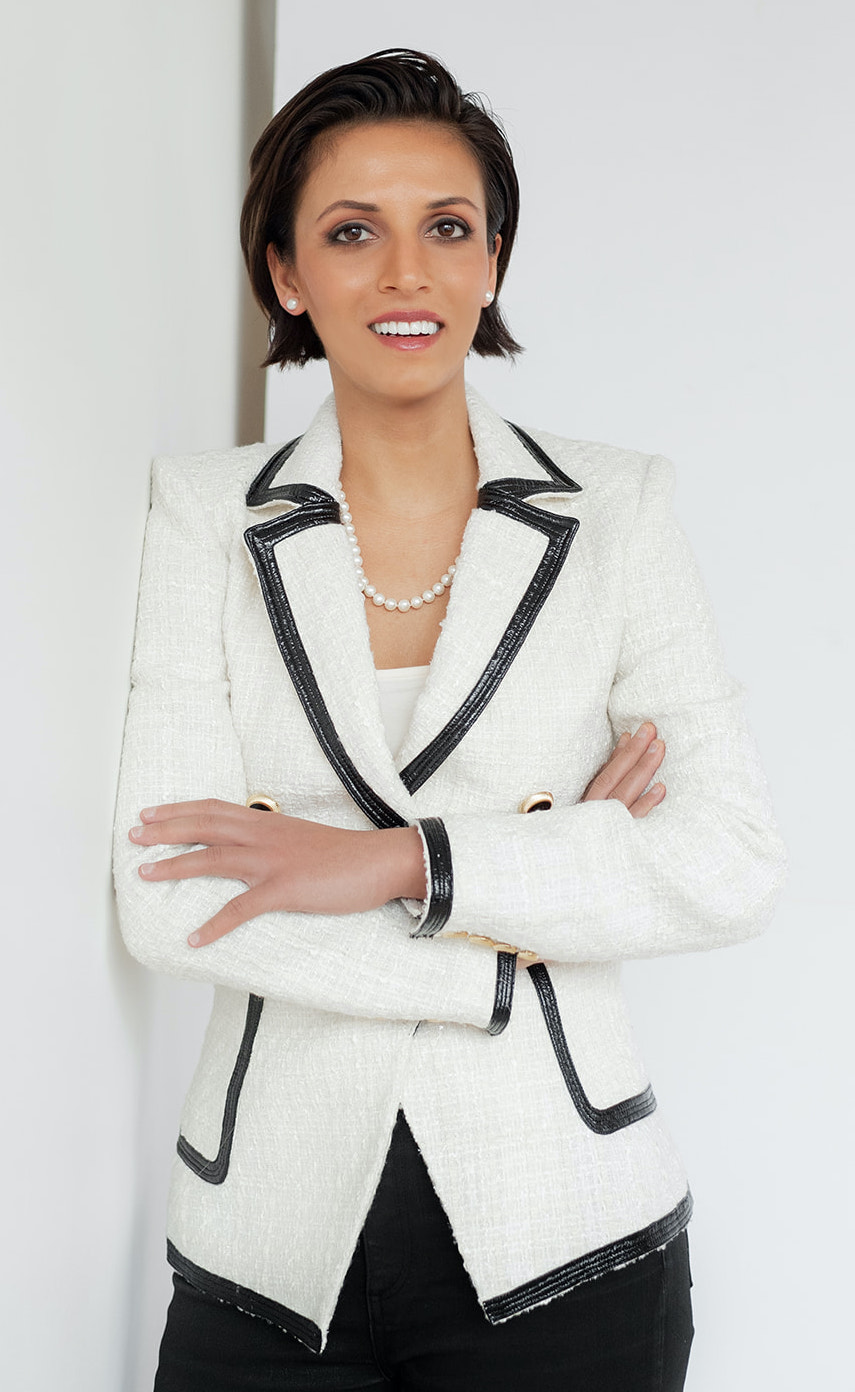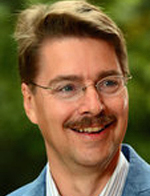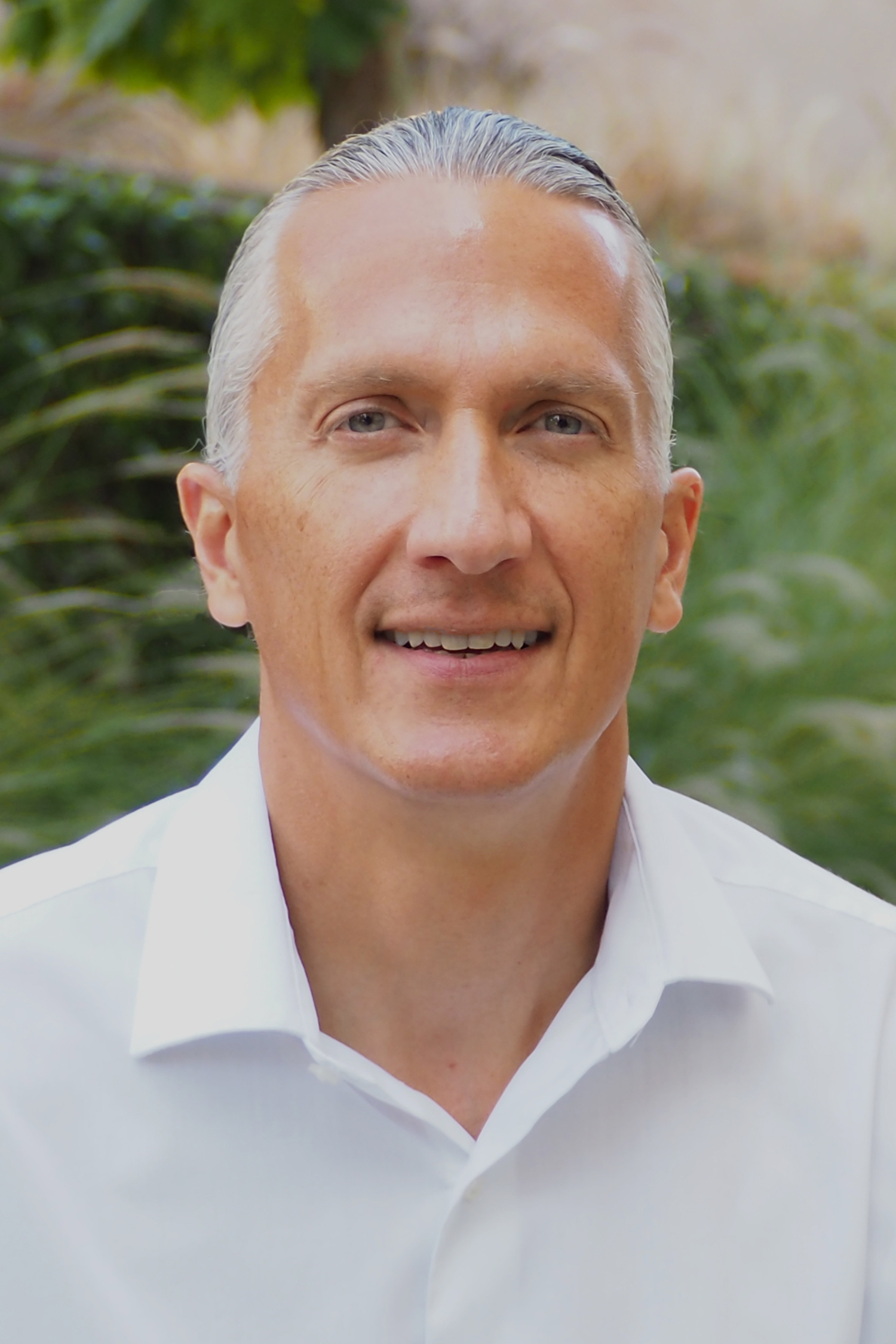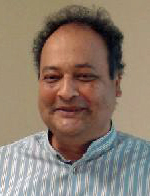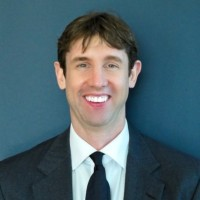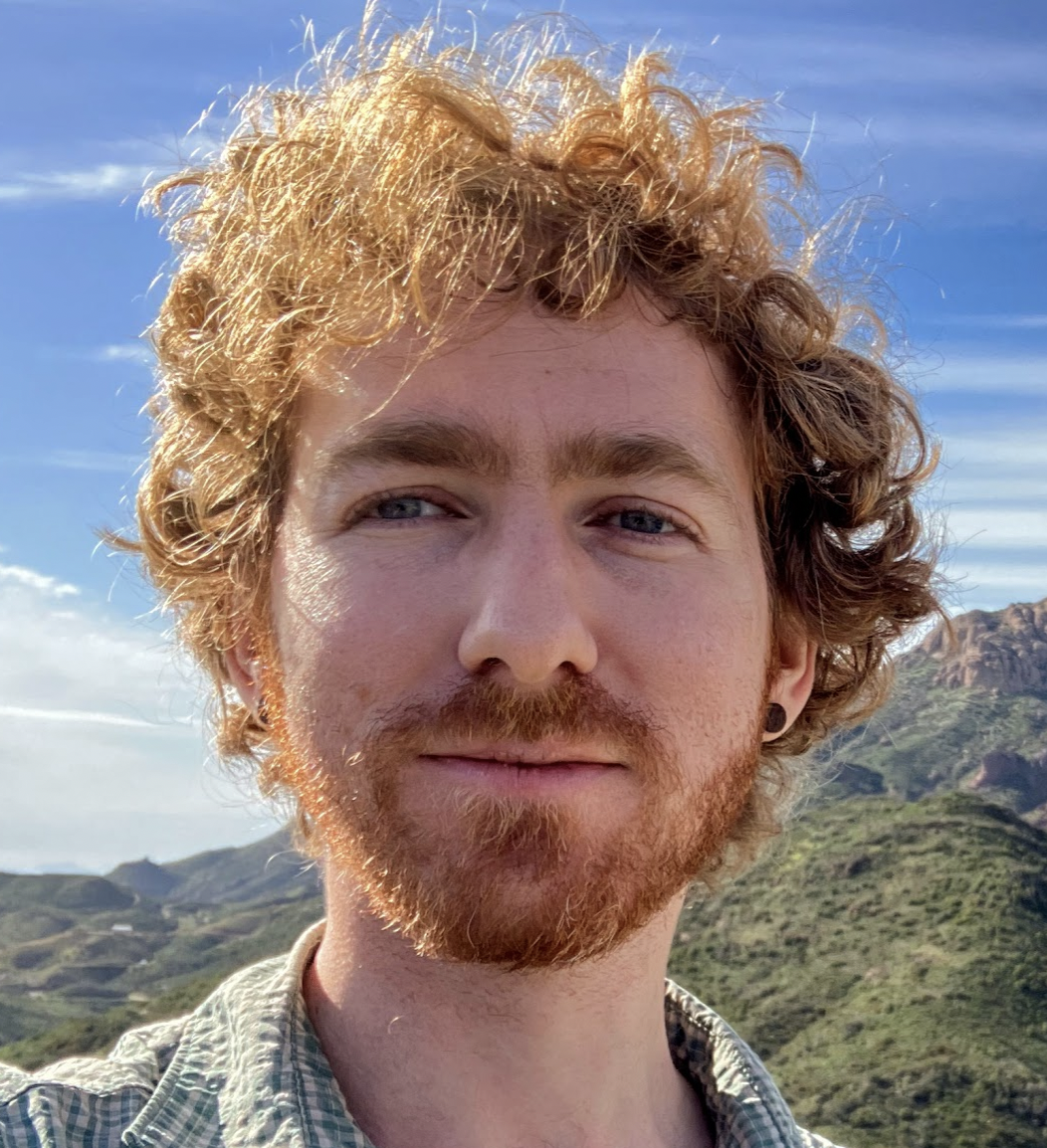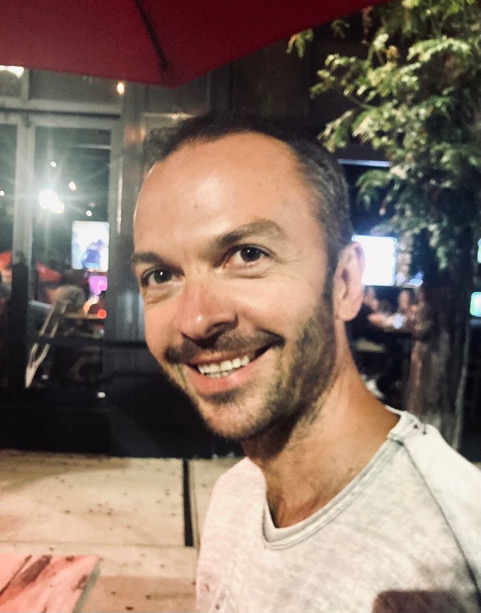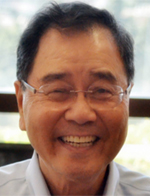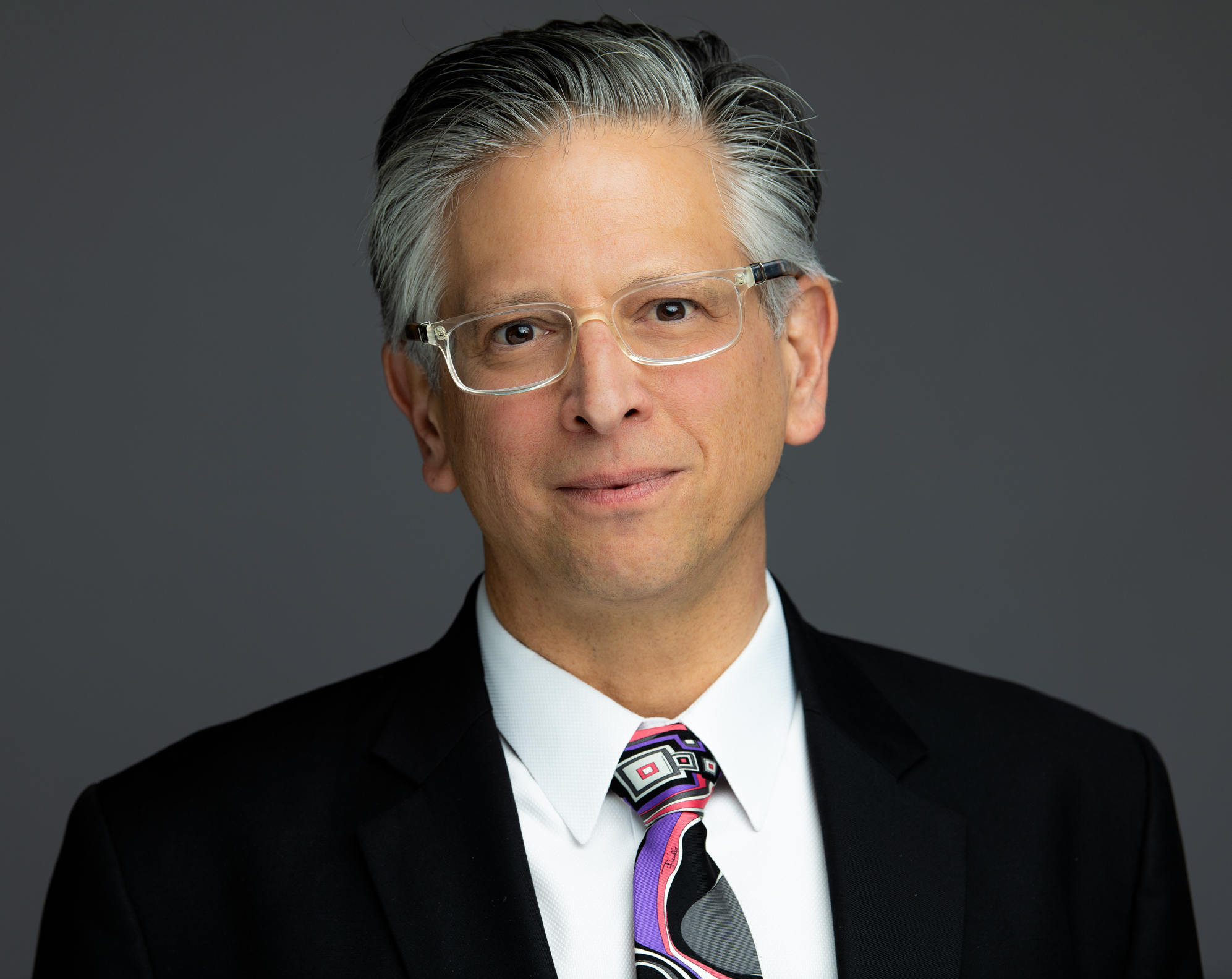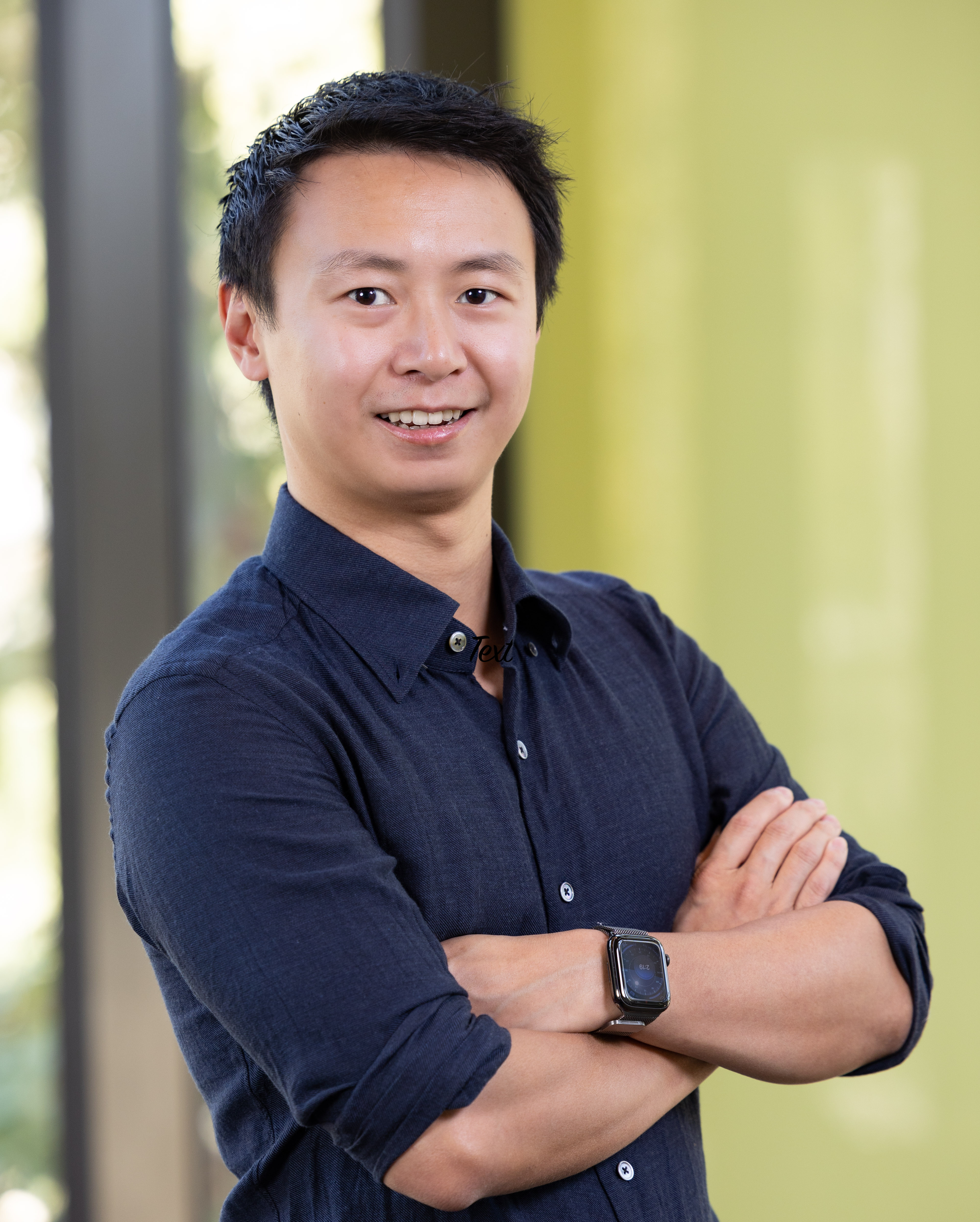Our Team
Anastassia Alexandrova
Associate Professor
Department of Chemistry and Biochemistry
Alexandrova works to elucidate the effects of quantum chemistry in novel systems. For this for, she develops fast theoretical techniques for mixed quantum-classical simulations and design. She has designed catalysts that mimic natural enzymes in catalytic strategies for reactions that interest humankind. Her current work at the CQSE is focusing on designing novel qubits based on molecular degrees of freedom. She is the recipient of the DARPA Young Faculty Award and the NSF CAREER Award. She is also a Sloan Fellow and the UCLA Professor of the Year (2014).
Christopher Anderson
Professor
Department of Mathematics
Professor Anderson’s work centers on developing and using numerical simulations to understand quantum devices. His research efforts include optimizing the efficiency for finding three-dimensional solutions to Schrodinger’s equation in multi-layer semiconductor devices and proposed quantum hardware.
Alexander A. Balandin
Distinguished Professor
Department of Materials Science and Engineering
Professor Balandin’s current research interests include one-dimensional and two-dimensional van der Waals quantum materials and their device applications; Brillouin and Raman light scattering spectroscopies; low-frequency electronic noise in materials and devices; charge-density-wave quantum condensate phases; phononics and phonon engineering in nanostructured materials. He has contributed to early work on semiconductor qubits. Professor Balandin is recognized as a pioneer of the graphene thermal field who conducted the first experiments on heat conduction in graphene and introduced graphene-based thermal management technologies. He is a recipient of The MRS Medal, The Brillouin Medal, and The IEEE Pioneer of Nanotechnology Award. He is a Vannevar Bush Faculty Fellow and Fellow of MRS, APS, IEEE, OSA, SPIE, and AAAS.
Amartya Banerjee
Assistant Professor
Department of Materials Science and Engineering
Banerjee leads the Ab Initio Simulations Laboratory at UCLA and is interested in the development and usage of mathematical and computational tools for the characterization and informed discovery of novel materials and structures. Specifically, his research aims to extend the scope and capabilities of first principles (i.e., quantum mechanical) methods for applications to problems in mechanics (such as the modeling of defects), quantum materials, energy storage / conversion technologies, and molecules of interest to biological systems. Banerjee's other research interests include the analysis and development of multiscale methods, the usage of symmetry principles in various areas of science and engineering, and the design of computational solvers.
Louis Bouchard
Associate Professor
Department of Chemistry and Biochemistry
Professor Louis Bouchard and his group conduct experimental research in physical & analytical chemistry, materials science and bioengineering. The group has projects that deal with the development of novel materials, contrast agents & drug delivery systems for biomedical imaging, the study of flows in biological systems, high frequency electromagnetics, condensed matter and heterogeneous catalysis. His research group combines a range of laboratory and techniques from chemical synthesis to instrumentation development and various spectroscopies based on specific needs of the research. Projects are available for chemistry and engineering students.
Wes Campbell
Associate Professor
Department of Physics & Astronomy
Campbell’s research uses ultra-cold atoms and molecules to learn about the physical processes that permeate our world. He is specifically focused on the physics of quantum mechanical systems that involve many-body interactions, where our ability to theoretically describe and numerically simulate the microscopic features is severely limited. His approach is to use well-controlled samples of atoms and molecules to build tiny, physical emulators of the physics we are investigating. By utilizing these atoms as microscopic computers that can do the work for us, we hope to be able to pick up where supercomputer simulations become intractable and use our quantum simulators to help us to design and understand new materials, perform demanding computations, and learn about the physical universe.
Justin Caram
Assistant Professor
Department of Chemistry and Biochemistry
Caram’s research leverages the detection, sorting, and timing of individual photons to unravel heterogeneity, complex chemical processes, and energy flow in nanomaterial and biological systems. His research combines time correlated single photon counting (TCSPC) and path length interferometry to develop new spectroscopies that probe chemical systems across the visible and shortwave infrared. The scope of his research extends to the influence of energetic disorder on optoelectronic materials and the complex chemistry of oxidative stress. His research has broad applications, from creating efficient light harvesting materials to understanding disease modalities.
Sergio Carbajo
Assistant Professor
Department of Electrical and Computer Engineering
Sergio Carbajo leads the Quantum Light-Matter Cooperative (Q-LMC), whose mission is to understand, design, and ultimately control light-driven physical processes to help solve interconnected socio-technological challenges. The Q-LMC is located across various areas in California: based at the UCLA Electrical & Computer Engineering Department and partnered with the UCLA Physics Department, Stanford University’s SLAC National Accelerator Laboratory, and the Linac Coherent Light Source. The Q-LMC explores the development of light by design in areas of application including life sciences, biochemistry, quantum optics and information sciences, and environmental and chemical engineering. At its core, it seeks to help solve major life and energy challenges by examining the cooperative interaction between photons and matter.
Jason Cong
Chancellor's Professor
Department of Computer Science
Dr. Cong’s research interests include electronic design automation, energy-efficient computing, customized computing for big-data applications, emerging computer architecture and computation models, and highly scalable algorithms. He is interested in bringing these techniques to control and design automation of quantum computing circuits and systems, and design of efficient quantum algorithms. He is the director for the Center for Customizable Domain-Specific Computing and the VLSI Architecture, Synthesis, and Technology (VAST) Laboratory. He is a Fellow of ACM and IEEE, and a member of National Academy of Engineering.
Xiaowu Dai
Assistant Professor
Department of Statistics and Data Science
Department of Biostatistics
Dai’s research interests include machine learning and economics, dynamical systems, statistical inferences, and biomedical research. Dai's group has initiated a new area of study: How to use machine learning and game theory to engineer data-driven systems adept at resolving complex matching problems, including those characterized by strategic behaviors and evolving dynamics. Dai also has a strong interest in statistical foundations for quantum computation.
Lara Dolecek
Professor
Department of Electrical and Computer Engineering
Lara Dolecek is a Professor in the Electrical and Computer Engineering Department and Mathematics (courtesy). Her research interests include error correction coding, information theory, robust machine learning, and statistical algorithms, with applications to quantum information systems. Professor Dolecek is a co-founder of UCLA Center on Development of Emerging Storage Systems (CoDESS). She is currently serving as Secretary of the IEEE Information Theory Society.
Enrique López Droguett
Professor
Department of Civil & Environmental Engineering
Lopez Droguett’s research focuses on Bayesian inference and artificial intelligence supported digital twins, prognostics and health management based on physics informed deep learning, and quantum computing and quantum machine learning for risk and reliability complex engineering systems and natural hazards. He is Associate Editor for both the Journal of Risk and Reliability and the International Journal of Reliability and Safety. He also serves in the Board of Directors of the International Association for Probabilistic Safety Assessment and Management (IAPSAM). He has led many major studies on these topics for a broad range of industries, including oil and gas, nuclear energy, defense, civil aviation, mining, renewable and hydro energy production, and distribution networks.
Mark Gyure
Adjunct Professor
Department of Electrical and Computer Engineering
Prof. Gyure’s research is focused on the theory and simulation of solid-state quantum information processing devices and architectures, specifically electrostatically-defined semiconductor quantum dots. He and collaborators at UCLA and HRL Laboratories, LLC in Malibu have developed a sophisticated device modeling code that employs the full configuration-interaction (FCI) method to solve the multi-electron Schrodinger equation self consistently with the electrostatic potential generated from realistic device geometries, enabling highly accurate calculations of the energy spectrum of coupled quantum dot systems. He came to UCLA from HRL Laboratories where he was the Principal Investigator and Chief Scientist for over 15 years on numerous programs in the quantum information science and technology area.
Paul Hamilton
Assistant Professor
Department of Physics & Astronomy
The interference of matter waves is often presented in textbooks as a historical demonstration cementing wave-particle duality. Far from being just a quirk of quantum mechanics, modern matter wave interferometry is a precise toolbox for atomic physicists with possible applications ranging from GPS-free navigation to detection of gravitational waves. Hamilton’s lab is exploring a new direction for the field using atom interferometry to probe the properties of dark matter and dark energy using laser-cooled atoms, as well as developing new quantum-assisted sensors for navigation.
Andrew Holbrook
Assistant Professor
Department of Biostatistics
The statistical analysis of modern data requires models whose size and complexity scale closely with the data analyzed. Data often grow "Big" by pooling together from heterogeneous sources, and one must account for intrinsic structures that give rise to one's data before drawing scientific conclusions. Dr. Holbrook builds expressive Bayesian hierarchical models to analyze the geographic spread of viruses and structural changes in the Alzheimer's brain. To overcome immense computational burdens at the intersection of Big Data and Big Model, Holbrook combines advanced statistical algorithms with novel parallel computing techniques.
Md Shafayat Hossain
Assistant Professor
Department of Materials Science and Engineering
Md Shafayat Hossain is an assistant professor in Materials Science and Engineering at UCLA Samueli. His interdisciplinary research spans materials science, physics, and electrical engineering. Shafayat focuses on quantum materials for electronic and optoelectronic devices and sensors. His lab integrates scanning tunneling microscopy, quantum transport, and nonlinear optics to explore topological superconductivity and high-temperature topological quantum matter. He earned his Ph.D. from Princeton University and a bachelor’s from Bangladesh University of Engineering & Technology (BUET). His work has led to discoveries such as the first room-temperature, ambient-pressure quantum state, and several elusive quantum phases, including the Bloch ferrormagnets, hybrid topological phase, and topological excitonic insulators.
Yongjie Hu
Professor
Department of Mechanical and Aerospace Engineering
Yongjie Hu is a professor in the School of Engineering and Applied Science and the California NanoSystems Institute. Professor Hu's research group utilizes experimental spectroscopies, ab initio theory, and chemical synthesis to tackle interdisciplinary challenges in quantum science and engineering. Hu’s research focuses on materials design and device transport, investigating thermal management, quantum coherence, and the controlled interactions between electrons, phonons, and photons. Hu has pioneered the development of new semiconductors including cubic boron arsenide with ultra-high thermal conductivity, solid-state thermal transistors, and long coherent spin qubits in Ge/Si heterostructures. Hu’s contributions have been recognized with Alfred P. Sloan Research Fellowship, Bergles-Rohsenow Young Investigator Award, NSF CAREER Award, Air Force Young Investigator Award, and UCLA Watanabe Excellence in Research Award. Hu is a Fellow of the American Society of Mechanical Engineers.
Eric Hudson
Professor
Department of Physics & Astronomy
Director, CQSE
Hudson’s work focuses on bringing new quantum systems under control for use in quantum logic and tests of fundamental physics. He has pioneered several important techniques for the production of ultracold matter and is leading the CQSE Education effort. He is a Kavli Fellow and the recipient of the Presidential Early Career Award for Science and Engineering (PECASE), Cottrell Scholar Award, and NSF CAREER award.
Bahram Jalali
Professor
Department of Electrical and Computer Engineering
Bahram Jalali is the Fang Lu Professor of Engineering in ECE department. He is one of the founding architects of silicon photonics and a prolific inventor of record-setting imaging and sensing instruments for biomedical diagnostics and scientific discoveries. His current interests include the symbiosis of physics and AI for creating computationally efficient algorithms, and realtime instruments for discovery of ultrafast extreme events. He is a member of the National Academy of Inventors and a fellow of APS, IEEE, OSA (Optica), SPIE, and AIMBE. He has been recognized in the Scientific American Top 50 and MIT Technology Review Top 10. Bahram began his career at Bell Laboratories in Murray Hill, N.J. after earning his Ph.D. from Columbia University.
Hong-Wen Jiang
Professor
Department of Physics & Astronomy
Jiang’s research focuses on solid state implementations of quantum information processing. The objective of this research is to develop basic building blocks for quantum computation and quantum communications using individual electron spins and photons in semiconductors. Ongoing efforts include the coherent manipulation of electron and nuclear spins, detection of the quantum states of single electron spins, and nanofabrication of electrostatic-gates-defined quantum bits and read-out channels in advanced SiGe heterostructures.
Zhongbo Kang
Assistant Professor
Department of Physics & Astronomy
Zhongbo performs theoretical research in high-energy nuclear and particle physics. His work focuses on Quantum Chromodynamics and strong interactions. His recent interests include quantum images of the nucleon at the most fundamental level (fermi scale), a major scientific goal of the future Electron-Ion Collider whose construction has been approved by DOE at a cost of approximately $2B. He is also interested in understanding the quantum many-body physics involving exotic quantum matter such as quark-gluon plasma, which existed about a few micro-second after the Big Bang and has also been recreated in ultrarelativistic heavy-ion collisions in laboratories. He is the recipient of the NSF CAREER award.
Anshul Kogar
Assistant Professor
Department of Physics & Astronomy
Kogar’s lab focuses on the development and implementation of spectroscopic tools to investigate materials exhibiting properties that can only be explained using many-body quantum mechanics. In particular, the group is interested in using intense light pulses to drive materials away from equilibrium in order to study, manipulate and discover exotic phases of matter.
David Leibrandt
Professor
Department of Physics & Astronomy
Leibrandt's research is in experimental quantum science and technology using trapped atomic and molecular ions and the toolbox of quantum information, with diverse applications ranging from optical atomic clocks and exploring the limits of quantum control and sensing to searching for fundamental symmetry violations, new particles, and new interactions. He is a recipient of the EFTF Young Scientist Award and a Fellow of the American Physical Society.
Prineha Narang
Professor
Department of Chemistry and Department of Electrical and Computer Engineering
Dr. Prineha Narang is a Professor in Physical Sciences, and in Electrical and Computer Engineering at the University of California, Los Angeles (UCLA). Prior to moving, she was an Assistant Professor of Computational Materials Science in the School of Engineering and Applied Science (SEAS) at Harvard University. Before starting on the Harvard SEAS faculty in 2017, Dr. Narang was a Fellow at HUCE, and worked as a research scholar in condensed matter theory in the Department of Physics at the Massachusetts Institute of Technology (MIT). She received an M.S. and Ph.D. from the California Institute of Technology (Caltech). Her group, the NarangLab, works across areas of quantum materials, non-equilibrium phenomena, and quantum information science. In 2023 she was appointed a U.S. Science Envoy by the State Department. Narang’s work has been recognized by many awards and special designations, including the 2023 Guggenheim Fellowship in Physics, a Maria Goeppert Mayer Award from the American Physical Society, 2022 Outstanding Early Career Investigator Award from the Materials Research Society, Mildred Dresselhaus Prize, Bessel Research Award from the Alexander von Humboldt Foundation, a Max Planck Award from the Max Planck Society, and the IUPAP Young Scientist Prize in Computational Physics all in 2021, an NSF CAREER Award in 2020, being named a Moore Inventor Fellow by the Gordon and Betty Moore Foundation, CIFAR Azrieli Global Scholar by the Canadian Institute for Advanced Research, and a Top Innovator by MIT Tech Review (MIT TR35). Her work goes from fundamental discoveries to translating technologies including as the Founder and Chief Technology Officer (CTO) of Aliro Quantum, engineering roles at Applied Materials, Northrop Grumman, Aspen Quantum, and advisory roles at ScienceCast and Activate Inc. Her continued service to the science community includes chairing the Gordon Conference on Ultrafast and Cooperative Phenomena, Materials Research Society (MRS) Spring Meeting (2022) and the MRS-Kavli Foundation Future of Materials Workshop: Computational Materials Science (2021), organizing APS, Optica (OSA), and SPIE symposia, and a leadership role in APS’ Division of Materials Physics. Narang is an Associate Editor at ACS Nano of the American Chemical Society, an Associate Editor at Applied Physics Letters of the American Institute of Physics, and the Editorial Advisory Boards of Nano Letters and Advanced Photonics. In 2023 she was elected to the Board of Trustees of the California Institute of Technology (Caltech) and appointed to the Science Advisory Council of arXiv. Outside of science, she is an avid runner and starting her mountaineering journey.
Jens Palsberg
Professor
Department of Computer Science
Co-director, CQSE
Palsberg’s research focuses on compilers, embedded systems, and programming languages. He teaches a course on how to program quantum computers. He is the chair of ACM SIGPLAN, a member of the editorial board of Information and Computation, and a former editor-in-chief of ACM Transactions of Programming Languages and Systems. He is also a former conference program chair of ACM Symposium on Principles of Programming Languages (POPL), Conference on Tools and Algorithms for the Construction and Analysis of Systems (TACAS), and the Static Analysis Symposium (SAS). In 2012 he received the ACM SIGPLAN Distinguished Service Award.
Jason Petta
Professor
Department of Physics & Astronomy
Jason Petta’s research group is focused on the development of scalable quantum processors using single electron spins trapped in extremely pure silicon crystals. Petta played a leading role in a series of early experiments demonstrating the trapping and detection of single electrons, as well as a seminal experiment demonstrating coherent control of the first spin qubit. Recent advances in Petta’s group include the fabrication of a scalable quantum dot device architecture, shuttling a single charge down an array of quantum dots, and the demonstration of a high fidelity two qubit gate for spins in silicon. In the area of hybrid quantum devices, Petta Group physics breakthroughs include the demonstration of strong coupling of a single charge to a single photon, strong coupling of a single spin to a single photon, and the long-range coupling of two spins separated by 4 mm using microwave frequency photons. Professor Petta is a recipient of the Presidential Early Career Award for Scientists and Engineers, the McMillan Award, the American Association for the Advancement of Science Newcomb Cleveland prize, and the Lee-Osheroff-Richardson prize. He is a fellow of the American Physical Society and the American Association for the Advancement of Science.
Richard Ross
Director, UCLA MQST program
Education Director, CQSE
Dr. Richard Ross directs the UCLA Master of Quantum Science and Technology (MQST) degree program, serves as the Education Director of the NSF Challenge Institute for Quantum Computing (CIQC), and serves on the CQSE leadership team. Prior to joining UCLA in the fall of 2021, he was a Principal Scientist and Manager at HRL Laboratories, where his research focused on the development of semiconductor heterostructure materials and devices for advanced electronics applications including electron spin-based qubits for quantum information science applications.
Vwani Roychowdhury
Professor
Department of Electrical and Computer Engineering
Roychowdhury’s inteterst include communications/telecommunications, quantum computation and information processing, embedded systems, adaptive and learning algorithms, combinatorics and complexity, biomedical informatics. Roychowdhury's group has initiated a new area of study: How to use publicly available trace data (obtained via search engines and the Internet) about human behavior and perception, to discover stochastic models of propagation of information, fame and sentiments in society. It uses analytical tools from statistical physics, Bayesian statistics, and applied mathematics.
David Steuerman
Executive Director
Center for Quantum Science and Engineering
David Steuerman is the Executive Director of the Center for Quantum Science and Engineering at UCLA. He has led scientists and engineers in the laboratory as a professor, in industry as an executive in research and development, and within national scientific initiatives as a facilitator and strategic partner. He has been fortunate enough to see field-shaping research first-hand and is fascinated by finding ways to support more scientists make their most impactful discoveries around the globe.
Ryan Thorngren
Assistant Professor
Department of Physics & Astronomy
Ryan Thorngren is a theoretical physicist with a background in mathematics. He is broadly interested in symmetry, topology, and entanglement in many-body systems, from quantum condensed matter and statistical mechanics to high-energy physics. His recent work focuses on the classification of anomalies and using them to discover new quantum phases and critical points.
Yaroslav Tserkovnyak
Professor
Department of Physics & Astronomy
Tserkovnyak’s main interests lie in the theory of quantum transport and nonequilibrium dynamics in low-dimensional electron systems, with a focus on spin and topology.
Kang Wang
Distinguished Professor and Raytheon Chair
Department of Electrical and Computer Engineering
Director, CQSE
Wang's research in his functional quantum physics and devices group covers a wide range of novel physical phenomena, topological and mathematical concepts in both quantum and classical systems using methodologies from materials growth, device fabrication, to comprehensive characterizations. He is interested in exploring new materials that exhibit unconventional properties with potential application at room temperature, such as topological phases of quantum matter, strong spin-orbit coupled electronic materials, and magnetic systems, etc. The detection and manipulation of the relevant quantum effects towards high speed/density non-volatile memory and logic devices as well as quantum computation are significant focuses.
Paul S. Weiss
Professor
Department of Chemistry
Paul S. Weiss graduated from MIT with S.B. and S.M. degrees in chemistry in 1980 and from the University of California at Berkeley with a Ph.D. in chemistry in 1986. He is a nanoscientist and holds a UC Presidential Chair and is a distinguished professor of chemistry & biochemistry, bioengineering, and materials science & engineering at UCLA, where he was previously director of the California NanoSystems Institute. He also currently holds visiting appointments at Harvard’s Wyss Institute and several universities in Australia, China, India, and South Korea. He studies the ultimate limits of miniaturization, developing and applying new tools and methods for atomic-resolution and spectroscopic imaging and patterning of chemical functionality. He and his group apply these advances in other areas including neuroscience, microbiome studies, tissue engineering, and high-throughput gene editing. He is a fellow of the American Academy of Arts and Sciences, American Association for the Advancement of Science, American Chemical Society, American Institute for Medical and Biological Engineering, American Physical Society, American Vacuum Society, Canadian Academy of Engineering, IEEE, Materials Research Society, and an honorary fellow of the Chinese Chemical Society and Chemical Research Society of India.
Chee Wei Wong
Professor
Department of Electrical and Computer Engineering
Professor Wong advances mesoscopic quantum physics, precision measurements and ultrafast photonics. Our studies are at the intersection of optical physics, device optoelectronics, and solid-state science and engineering. Working with an excellent team of research scientists and doctorate students, his team examines frontier studies in high-dimensional entanglement; precision timing, clocks and navigation; quantum interconnects and networks; solid-state qubits and memories; superconducting qubits and quantum information processing. He is elected a member of the National Academy of Inventors, and a Fellow of APS, IEEE, OSA, ASME and SPIE. He is a recipient of the DARPA Young Faculty Award, the NSF CAREER Award, the Google Faculty Award, the NIH Early Scientist Trailblazer Award, the 3M Faculty Award among others.
Leo Zhou
Assistant Professor
Department of Electrical and Computer Engineering
Professor Zhou's research interests are in the theory of quantum computation and quantum information science, touching on topics such as mathematical optimization, computational complexity, high-dimensional statistics, and many-body physics. His research group aims to uncover useful applications of quantum computers while deepening our understanding of physical systems through the lens of quantum information. Zhou's contributions include demonstrating advantages and limitations of quantum optimization algorithms, as well as establishing foundational results in quantum complexity theory. Moreover, he collaborates closely with experimentalists to develop and implement practical quantum applications on current and near-term quantum hardware.
